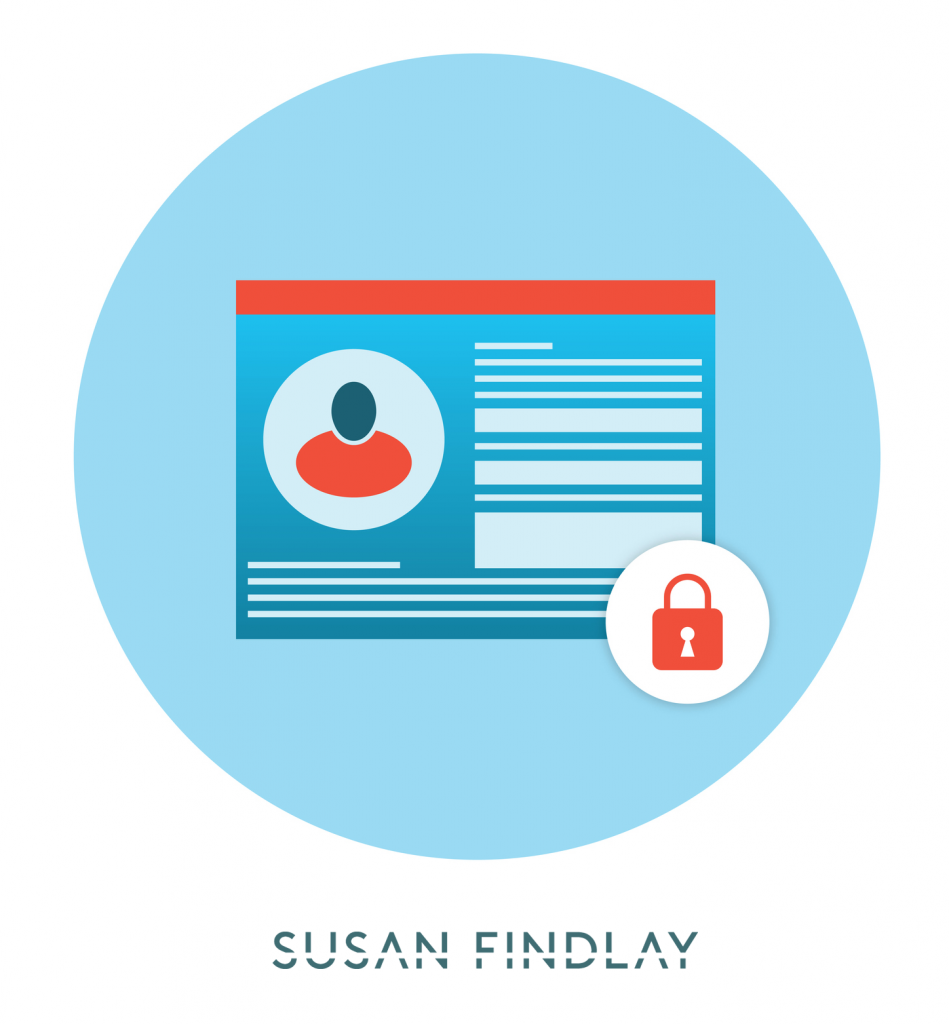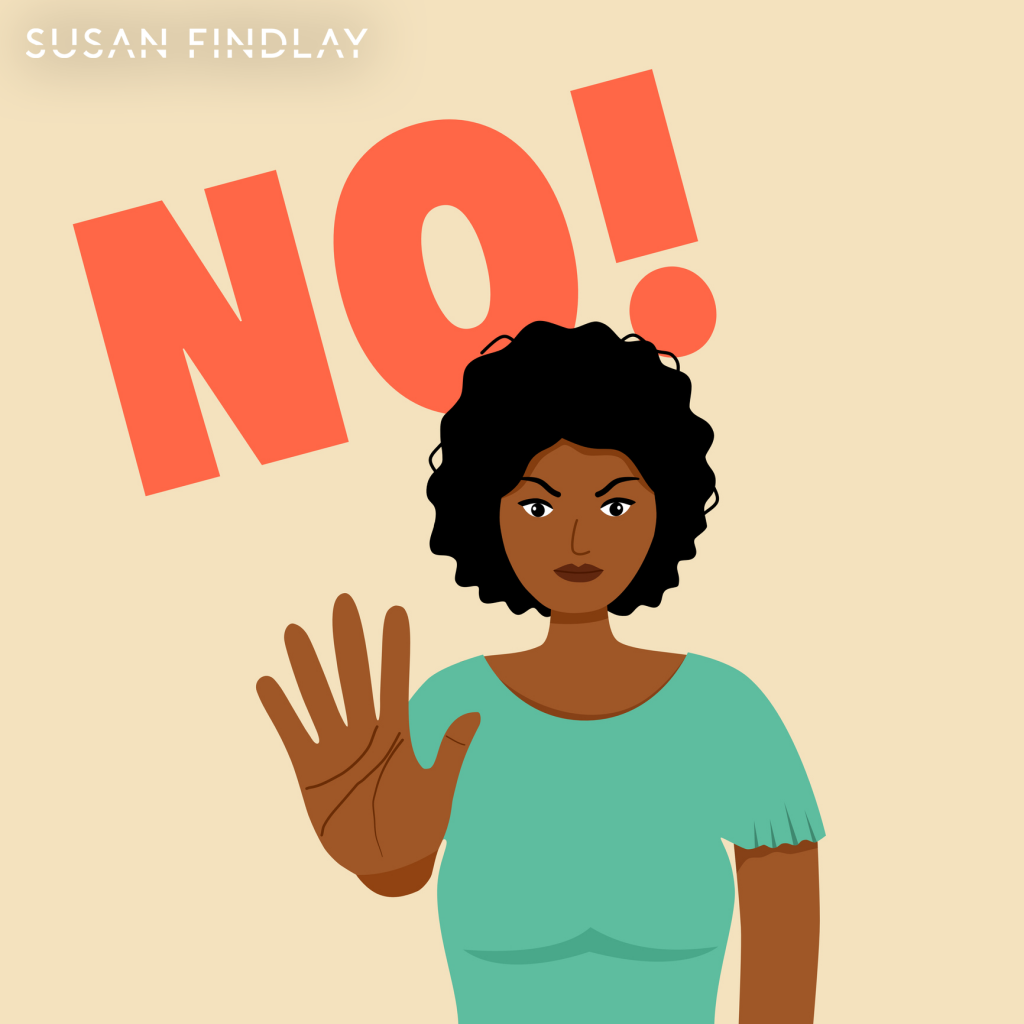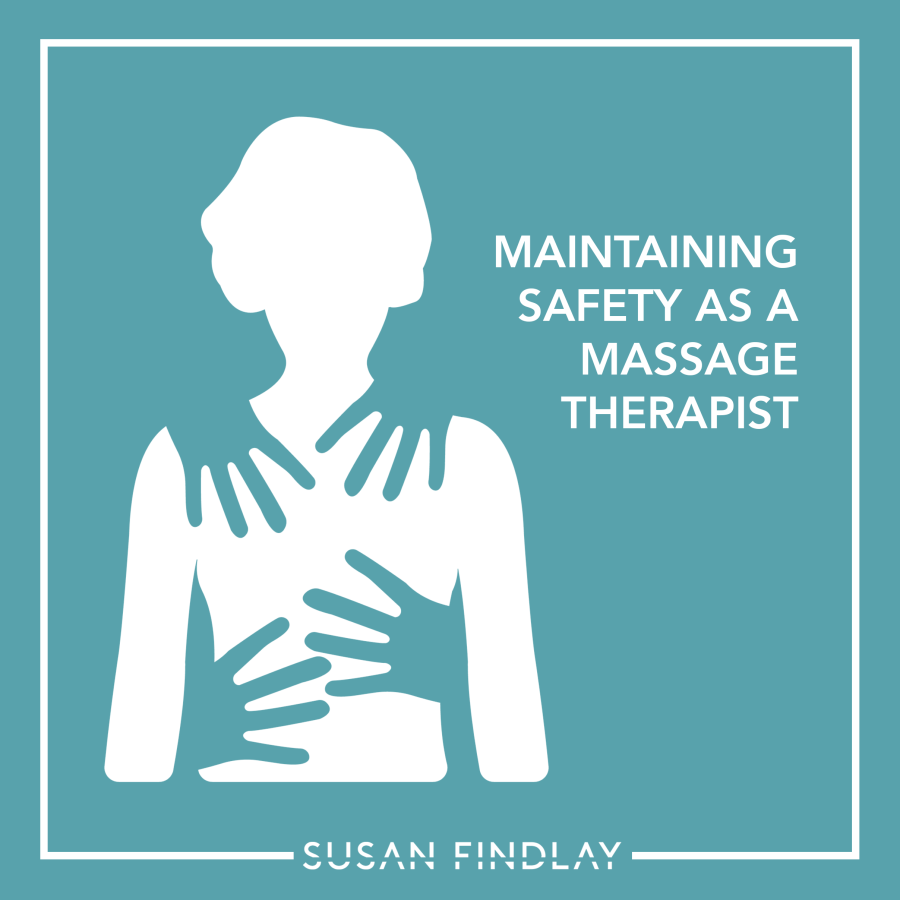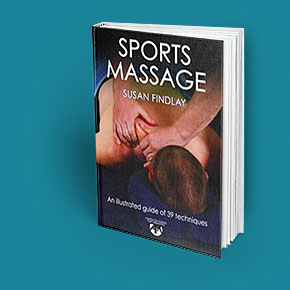Recently, the General Council for Soft Tissue Therapies completed a survey about sexual harassment in the workplace, the results were far from satisfactory finding that therapists are still being made to feel uncomfortable by their clients or scared for their safety in their place of work.
If it’s a basic human right to feel safe within your workplace, why is it that despite living in a decade that strives for safety, inclusion, and equality, so many massage therapists still feel vulnerable to sexual harassment from their clients? Typically, sexual harassment towards massage therapists is usually carried out by clients crossing boundaries and acting inappropriately both verbally and physically.
It is difficult to say specifically why sexual harassment is still such a widespread problem across the massage therapy community but misinformation about massage services could be part of the problem. Often, the work of a massage therapist will be intimate, but it is important to reinforce that intimate does NOT mean sexual. On occasion, some clients may struggle to understand the difference and will act inappropriately, you need to establish firm boundaries so that nothing is left to interpretation.
Unfortunately, this seems to be a persistent problem that many therapists have to face and it doesn’t seem to be changing, we can only hope that one day it will and massage therapists will be able to feel truly safe in their workplace, until then there are still certain things we can do to ensure our safety.
Public Facing Measures
Present your business properly
Working as a massage therapist is a professional and highly-skilled role, unfortunately less professional places like ‘massage parlours’ can tarnish the image for the rest of the massage therapy community and so it is important to establish a professional and clinical image to carry throughout your practice so as to avoid any confusion about the services you provide. This starts with your website, the pictures and the words must be professional throughout.

Do not share personal information
Often when speaking to clients, it can be easy to lose track of the information you are giving out and can sometimes divulge personal information, especially if you’re getting into a proper chat it can be very easy to let personal details slip out. Maintaining a professional distance doesn’t just help you guard against sexual harassment but it may help to deter the client from forming an unhealthy attachment. Ensure you use a separate number for your business and keep all your personal social media accounts private.
Keep conversation professional
If you deal with particular clients regularly, it can be tempting to discuss a range of topics to pass the time of day. With most clients, this will be okay as long as the conversation is kept superficial, however, it can be hard to deduce a client’s intentions so it is good practice to keep all conversations relevant to treatment, this will help to keep the dynamics on a purely professional level with no potential for misinterpretation. Remember we can be friendly but the focus needs to remain with our clients and the reason they are coming to see us.
Pre-medical Screening
It is good practice to complete a pre-medical screening before treatment, this can be used as an opportunity to establish boundaries and outline that any inappropriate behaviour will result in termination of treatment. I sometimes do a zoom online history taking session prior to meeting them face to face, this can be an easy and comfortable way to establish what you offer.
Safety During Treatment
Keep a phone near your side
When carrying out any treatment, it is advised to always keep a phone near you, especially if you are working alone. That way if you feel uncomfortable you can quickly call for help.
Wear professional clothing
What we wear should be a personal choice, unfortunately some people may misread cues from clothing, so wear clinical-looking clothes that create a professional image. Research demonstrates that wearing a top like a polo shirt projects a more professional image.

Look for warning signals
If you find yourself in an uncomfortable situation or hear your client make suggestive or inappropriate comments you should immediately say something and explain that it will not be tolerated. If they do not stop after an initial warning you should terminate the treatment immediately and ask them to leave. I will stop a conversation and ask “I hope I have misinterpreted what you have said, please explain further…” Your own safety is your number one priority!
Setting Up Safety Procedures
Set up regular check-ins
If I am doing a home visit with a new client I will ask someone to call shortly after I arrive to confirm that all is ok, if I am working in a clinic with other therapists I will excuse myself from the room and notify whoever is available to help depending on the severity of the situation. I do not want to sound too dramatic but at the same time I will not tolerate inappropriate language or behaviour.
CCTV
Whilst it would be an invasion of privacy to set up security cameras in a therapy room, having them near the door or in the waiting area could help prevent inappropriate behaviour. In some cases, they may not even have to be on, people tend to behave themselves a little better when they know there is the potential of them being recorded.

Easy exits
It is always worth having a clear path to be able to leave if you feel uncomfortable at any point, this could be making sure the doors are unlocked or the fire exits are clear.
Ultimately, everyone should have the right to feel safe in their workplace, however, this is not always the way that things turn out. If at any point you’re fearful for your safety, LEAVE!
It’s better to feel like you might have overreacted later than to be “polite” and remain in an unsafe situation. One day, we will hopefully be in a position where we can feel truly safe and comfortable at work, but until then, we must make sure we are following the best practice procedures as massage therapists to ensure our safety.


